Top 8 Vaccines that Every Man Needs
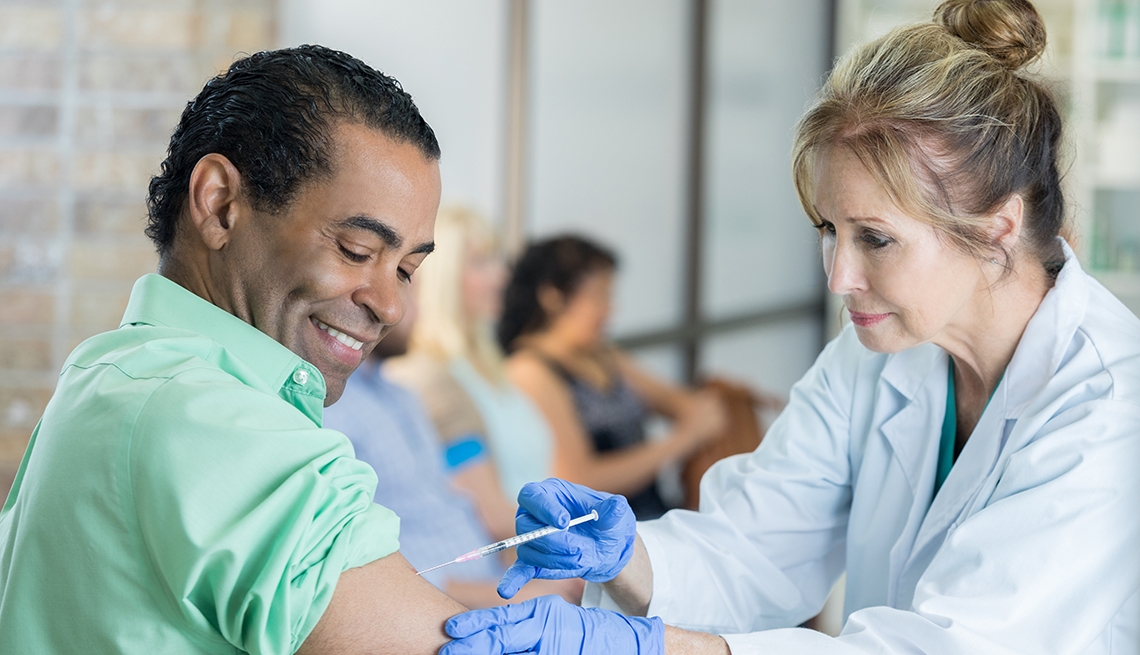 |
| Vaccinations are not just for kids. Photo: AARP |
If the last time you had a shot was when you were a kid, you’re not alone. According to a study from the U.S. Centers for Disease Control and Prevention (CDC), the vaccination coverage levels for U.S. adults are “unacceptably low.”
While the rates of some vaccines—like the one for Human Papillomavirus (HPV)—are up, only 12.5 percent of adults received the Tdap vaccine, which is one of the most critical shots protecting against tetanus, diphtheria (an upper respiratory tract infection), and whooping cough, says Brent Rieger, M.D., an internist at Loyola University Health System.
What’s going on? “People between the ages of 20 to 50 just don’t go to their doctors other than when they’re sick,” says Dr. Rieger. In 2011, 26 percent of men ages 18 and up did not visit the doctor, even though at least a single visit is recommended, found the 2011 National Health Interview Survey.
What’s more: People are confused about what shots to get, and doctors don’t bring it up when you come in for things like the cold and flu. It’s time to make sure you’re up to date.
Here are eight of the most important vaccines you need, according to the CDC and the Mayo Clinic.
1. Tdap
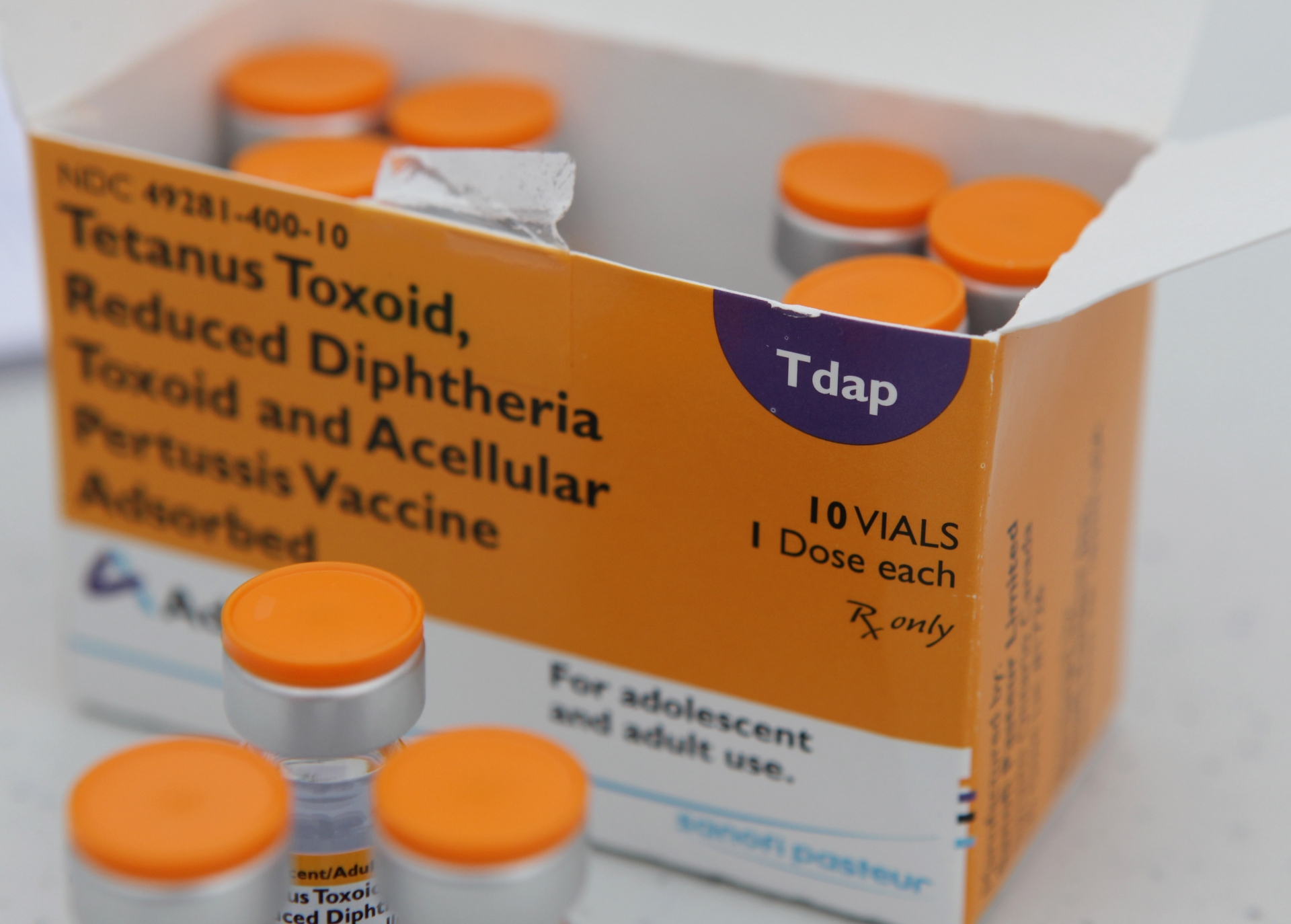 |
| Photo: Stat |
“In the past 5 years, we’ve seen outbreaks of pertussis (whooping cough)," Dr. Rieger says. That means it’s more important than ever to get this vaccine that protects against tetanus, diphtheria, and whooping cough.
Who should get it: All adults.
When to have it: If you didn’t get the tetanus vaccine as a child, you’ll need three doses: one ASAP, the next 4 weeks later, and the third 6 to 12 months down the road. Pro tip: In the past, tetanus was offered as a standalone shot, so your vaccine may not have protected against diphtheria and pertussis. If you got an older version of the vaccine (check with your doctor to be sure), get the combo Tdap shot to protect against diphtheria and whooping cough, and then get the tetanus-only booster every 10 years, according to Menshealth.
2. HPV
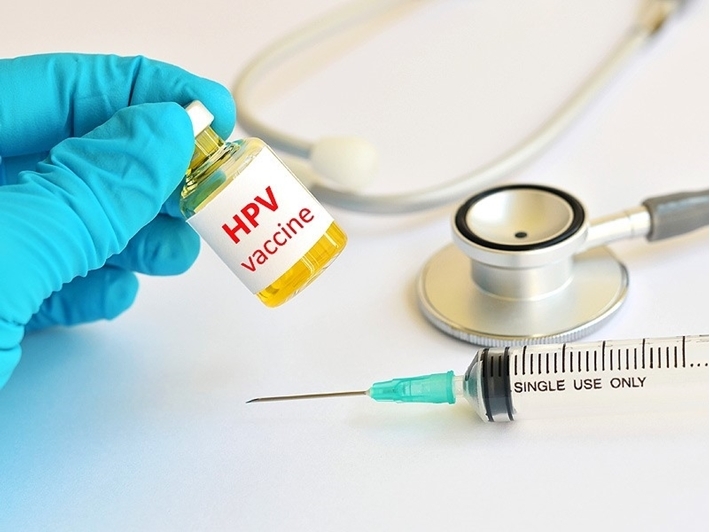 |
| Photo: CarePlus |
Doctors recommend this vaccine for most guys, but the rates are still crazy low—only 2.1 percent of men get it.
Who should get it: If you're 21 or younger. The vaccine works best in guys who haven’t had sex and or been exposed to the virus, so getting the shot at an early age before you become sexually active is recommended.
When to get it: You’ll need three doses: one at any time under 26, a second 2 months later, and the third 6 months after the first.
3. Hepatitis B
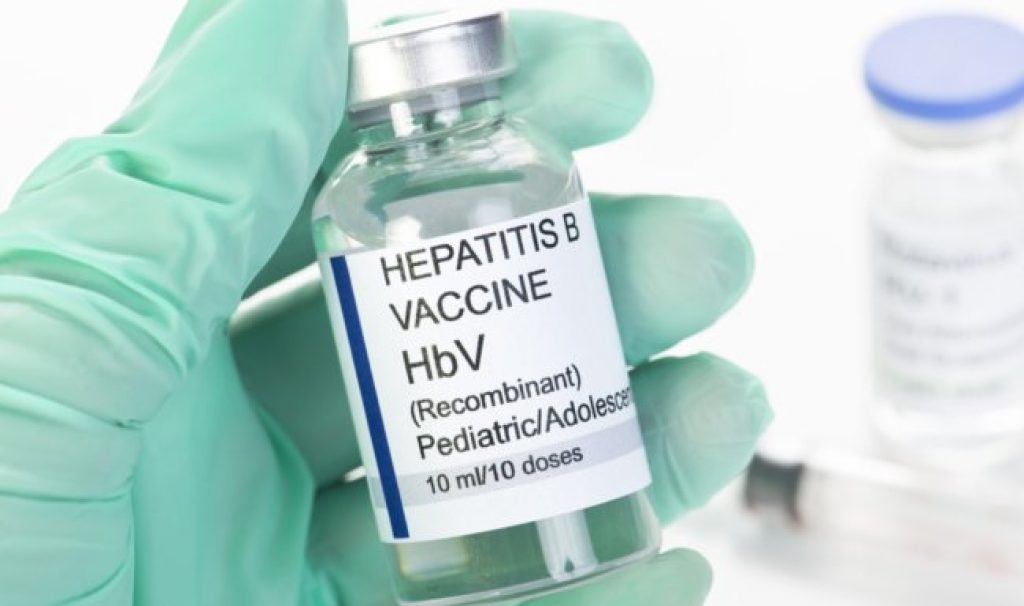 |
| Photo: Vietnam Insider |
This liver infection can cause long-term problems and is particularly important for people who are sexually active since it spreads through the bodily fluids of infected people.
Who should get it: If you’re sexually active, live with someone who has a chronic hepatitis B infection (remember: it’s contagious), or you’re 59 or younger and have type 1 or 2 diabetes, which makes you more vulnerable to the disease’s effects. Doctors don’t recommend the vaccine for older patients because your risk of contracting hepatitis B decreases with age.
When to have it: You’ll need three doses, with the first shot coming as soon as possible, a second dose a month later, and a third 4 months after the first.
4. Hepatitis A
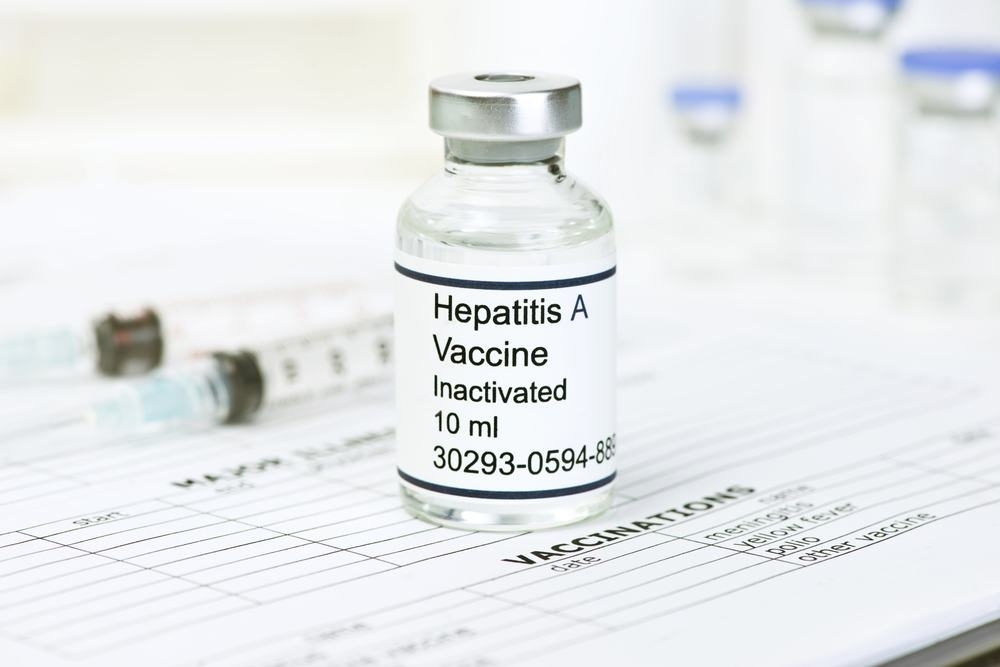 |
| Photo: Phòng Bệnh Gan |
It’s closely related to hepatitis B and has similar consequences: liver inflammation that eventually may lead to cancer or cirrhosis, the scarring of your liver. Unlike the B variant, hepatitis A can be spread through food or water, making travelers especially vulnerable.
Who should get it: If you plan to travel to a hepatitis A hotspot like South or Central America, Africa, the Middle East, or India.
When to have it: Two doses: one at any time and second at least 6 months after the first. If you’re traveling, get the shot at least 1 month before you go.
5. Meningitis
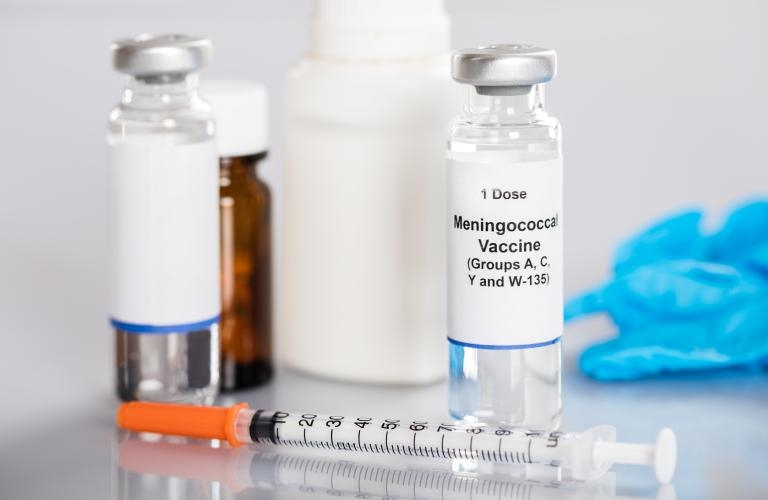 |
| Photo: Healthgrades |
Anyone can get the meningococcal disease from the throat secretions—i.e. kissing or coughing—from someone who’s infected, but it’s most common in infants and people ages 16 to 21, the CDC reports. The reason: Living in close quarters or kissing helps the bacteria spread.
Who should get it: College freshmen, military recruits, and people who travel to parts of the world where it's common, like parts of Africa.
When to have it: Get one dose anytime, and a booster dose if you’re a freshman in college and had your first vaccine before age 16.
6. Measles, Mumps, and Rubella
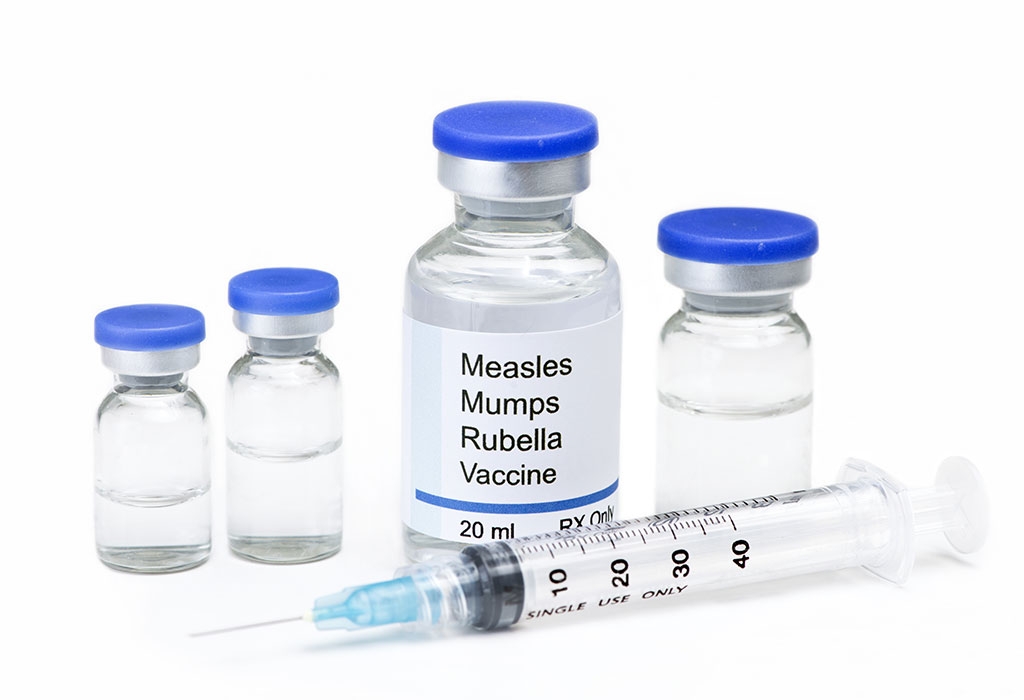 |
| Photo: FirstCry Parenting |
This disease was once almost vanquished, but international travel and lower vaccination rates have allowed it to bounce back.
Who should get it: If you were born during or after 1957 and didn’t get the vaccine as a kid or teenager. As a general rule, people born before 1957 are considered immune to the disease because they were likely infected as children and naturally developed immunity, according to the CDC.
When to have it: Get one dose anytime and a second dose 4 weeks later if you travel or are in college. Even first-world countries like Britain have high rates of measles, so if you travel unprotected, you increase your risk of picking up the disease while visiting. Check with your doctor before hopping on an international flight.
7. Pneumococcal disease
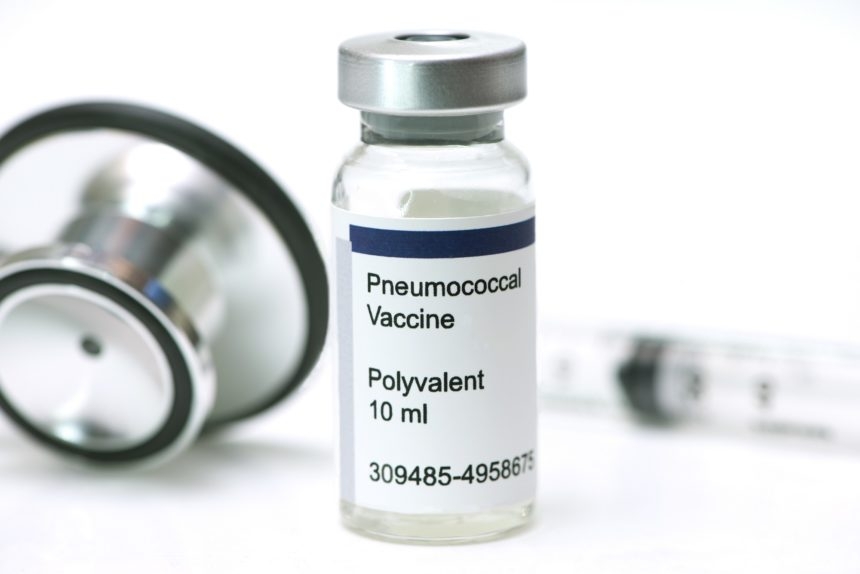 |
| Photo: Pulmonology Advisor |
This is a serious lung infection that's responsible for 15 to 50 percent of pneumonia cases. It’s particularly dangerous for those with significant medical issues like lung, heart, liver, or kidney disease who might have compromised immune systems and are unable to fight off the infection.
Who should get it: If you’re 65 or older, have a week immune system, or have a chronic illness like diabetes. Note: If you're a smoker or have asthma, you should get the shot as early as age 19 since your respiratory system may already be vulnerable.
When to get it: Get one dose at any time, and ask your doctor about a second dose, Dr. Rieger says.
8. Shingles
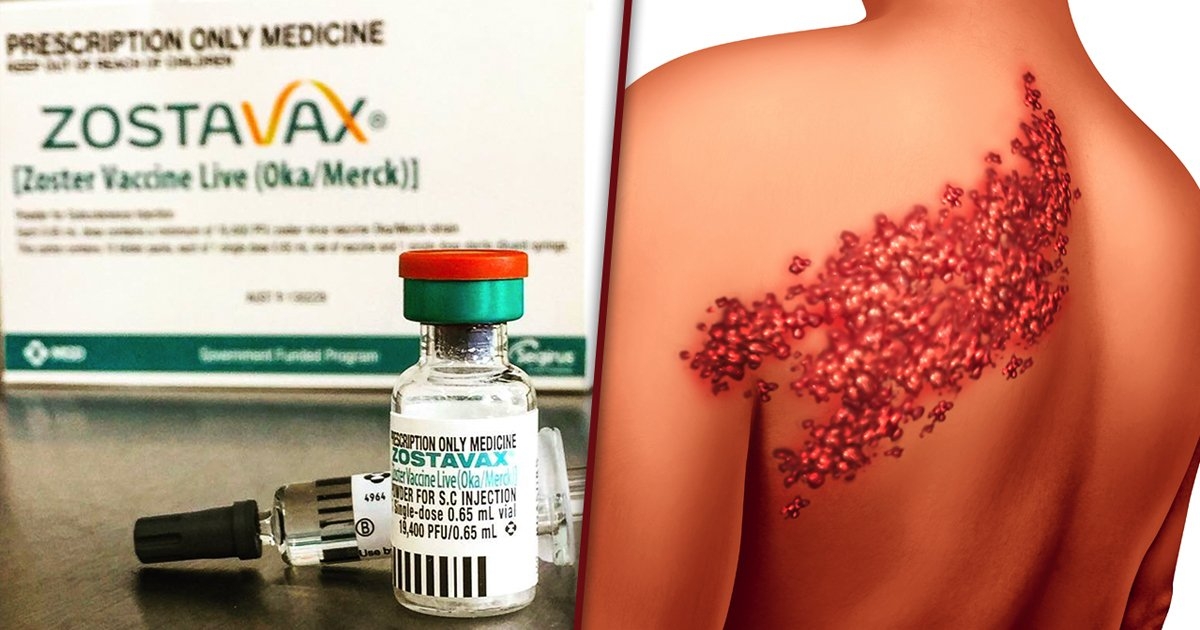 |
| Photo: Ring of Fire Radio |
If you’ve recovered from chickenpox, you might eventually develop shingles due to reactivation of the chickenpox virus, Dr. Rieger says.
Who should get it: If you’re 60 or older—the disease is relatively uncommon in younger people.
When to have it: Get one dose at any time.
| You’re never too old to get vaccines. In fact, sticking to an immunization schedule as you age gives you the best shot at long-term health, as said by Web Md. “An ounce of prevention is really worth a pound of cure,” says Evan Anderson, MD. “Many adults are at risk of vaccine-preventable illnesses, and sometimes the damage is done after an infection has set in. “So being able to prevent illness is better than trying to treat it once it's set in.” |
For more interesting topics, please check out our KnowInsider!
|
There are some movies that audience do not want to watch once again. Knowinsider is going to introduce you top 7 worst movies of all ... |
|
The 7 spring makeup trends that is going to explore in spring 2021 have already been listed below for you by Knowinsider. Are you ready ... |
|
Fashion trends for Spring 2021 managed to embrace our new lifestyle all while pushing us out of any at-home style ruts. Everyone wants to have ... |





























